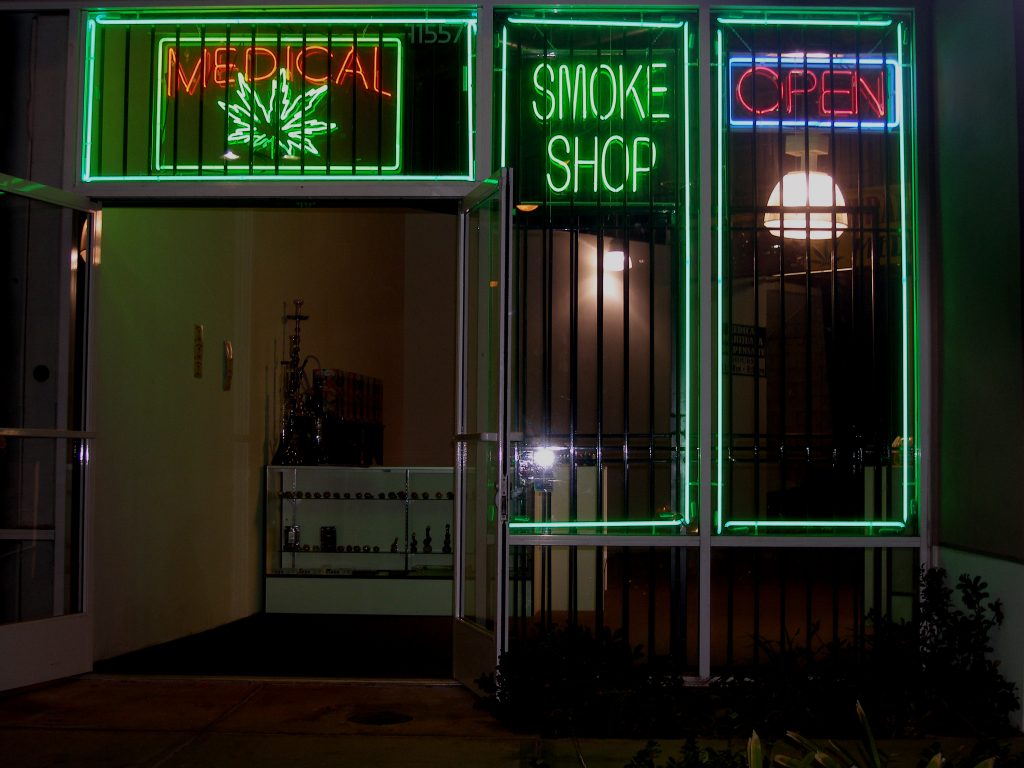This article originally appeared on Hanway Associates blog.
The clock is ticking. Canadian provinces have less than a year in which to decide how, where and by whom cannabis will be sold. Canada’s most populace state, Ontario, has kicked things off with a plan which proposes to limit retail to online sales and 150 liquor control board operated stores. Existing black market dispensaries, of which there are a great many, have been put told to consider themselves “on notice” by the attorney general.
The attorney-general, Mr Naqvi, must now seek to do what none of his predecessors have been able to do and shut down these black market operators. These stores have become so popular with consumers, and thereby so profitable, previous bouts of shutdowns have been followed by even more dispensaries springing up in their place.
One of the key stated aims of legalisation in Canada is to eradicate the black market. But how do you kill the hydra? Chopping off heads hasn’t worked, but will it when there is an operational online market and a limited number of tightly controlled government-run stores?
There are real fears that provinces have been burdened with the difficult task of implementing new legal markets for cannabis and that things could go terribly wrong. Most legalisation sceptics want regimes which restrict access, maintain high prices and prevent ‘commercialization’ through branding and marketing. The hope is that such measures will reduce rates of use and thereby reduce rates of harm. It is a compelling narrative, the narrative of prohibition, and whilst it has an appealing veneer, it doesn’t work. It is precisely the same logic which has been tried and failed ad nauseam in the era of prohibition.
The way in which cannabis is sold matters. If the convenience, price and product choice of the illicit market are matched or beaten by the legal market then the legal market will be a success and the black market a thing of the past. If convenience, price and product choice are not matched then people will continue to buy cannabis as they have done in the past, untaxed and untested products from the black market.
By controlling the way in which cannabis is retailed and distributed, provinces allow for cultural variations to be reflected in the way in which the drug is used in their society. Some provinces like British Columbia and Ontario have long histories of illegal dispensaries selling convenient and competitively-priced cannabis products. Now consumers have become used to this, it will be no small feat to try and step backwards from this position. Other states like Quebec which have not had a history of blatant civil disobedience in the supply of cannabis will have fewer problems implementing a more restrictive market.
Lessons from Colorado and Washington are clear: start slow and build to retain control and quality standards but don’t expect people to buy legal cannabis if it is inconvenient or expensive. It never has been hard to buy cannabis illegally and it never will be if the provinces get it wrong.
George McBride is a partner at Hanway Associates and Head of Advocacy at Volteface.
Tweets @GeorgeMcBride1

